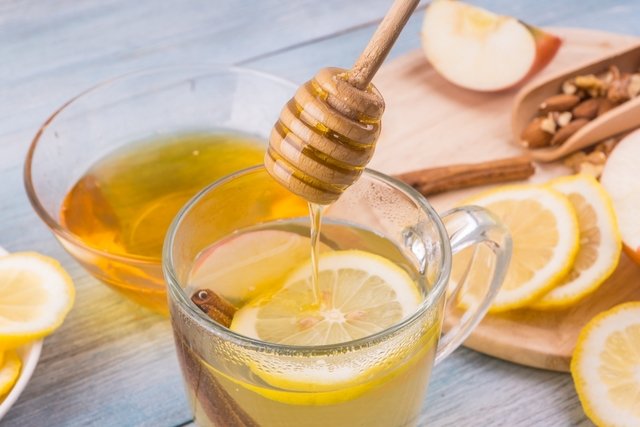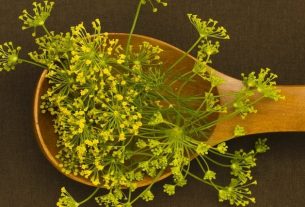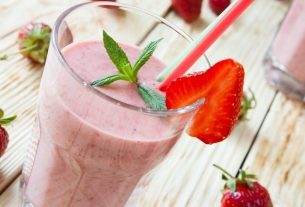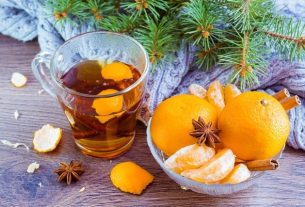Lemon tea with honey is a great home remedy to help fight coughs, sore throats, flu and colds, due to its antioxidant properties that help strengthen the immune system.
Furthermore, this tea can also help with weight loss, improve digestion and relieve constipation and prevent cardiovascular diseases or premature skin aging.
Lemon tea with honey is a good option for a natural and home remedy, however excessive consumption can cause some side effects, such as increased blood sugar levels, stomach pain or heartburn, and therefore should be used with medical advice or supervision. nutritionist.

What is it for
Lemon and honey tea has many health benefits, such as:
1. Fight flu and colds
Lemon tea with honey helps fight colds and flu due to its antioxidant properties that help strengthen the immune system.
2. Relieve a sore throat
Lemon has anti-inflammatory and immune system strengthening properties and honey has antimicrobial action and helps to moisturize the throat, which is why lemon tea with honey can help relieve pain, inflammation and infection in the throat.
3. Fight cough
Lemon tea with honey helps fight coughs, as it has expectorant properties that help loosen phlegm, clear the airways of irritating substances and soothe the throat. Check out other natural expectorants.
4. Improve digestion
Lemon tea with honey can help improve digestion and relieve constipation, as it hydrates the body and balances the pH of the gastrointestinal system.
Additionally, honey can help maintain the health and balance of intestinal bacteria, and lemon can stimulate bile production, which improves digestion.
5. Aid in weight loss
Lemon tea with honey can help reduce your appetite, as it is rich in fiber, and thus aid in weight loss.
Furthermore, lemon is low in calories and helps to increase metabolism and accelerate fat burning, which can promote weight loss. See other benefits of lemon.
6. Improve muscle performance
Lemon tea with honey is a good option to improve muscle performance, as it is a good source of energy, and therefore, it is a good option to drink before performing physical activities.
7. Strengthen the immune system
Lemon tea with honey, as it is rich in vitamin C, with antioxidant action, reduces cell damage and helps improve the functioning of the immune system, increasing immunity.
Furthermore, this tea stimulates the production of the body’s defense cells, improving the body’s response to infections.
8. Prevent premature aging
Lemon tea with honey can help prevent premature aging, as it is rich in vitamin C, which stimulates collagen production in the skin.
Furthermore, as it has antioxidant action, this tea protects skin cells against damage caused by free radicals.
9. Prevent cardiovascular problems
Honey and lemon tea has antioxidant action and helps reduce bad cholesterol (LDL) and triglycerides, which, when their levels are high, can increase the risk of cardiovascular problems.
In this way, lemon and honey tea can help prevent cardiovascular diseases, such as atherosclerosis, heart attack or stroke.
How to make tea
Lemon tea with honey can be made with just lemon and honey or by adding other substances, such as ginger or garlic, for example, which enhance its effect.
1. Lemon tea with honey
Lemon and honey tea is simple to prepare and can be taken in the morning, before physical activity or up to twice a day to relieve a sore throat, cough, flu or cold.
Ingredients:
- Juice of ½ green or Sicilian lemon;
- 1 teaspoon of honey;
- 1 cup of water.
Preparation mode:
Boil the water, turn off the heat and then add the juice of half a lemon and a teaspoon of honey, mixing well. Wait for it to cool and drink
2. Lemon tea with honey and garlic
Lemon, honey and garlic tea can be taken to improve digestion and strengthen the immune system.
Ingredients:
- 3 cm of green or Sicilian lemon peel, cut very thinly;
- 3 cloves of garlic, peeled and cut in half;
- 1 cup (tea) of water;
- 1 teaspoon of honey.
Preparation mode:
Boil water with garlic. Remove from heat, strain and add lemon juice and honey, mix well and drink warm.
This tea is contraindicated during dengue fever, because garlic makes clotting difficult, favoring bleeding and hemorrhages.
3. Lemon tea with honey and ginger
Lemon, honey and ginger tea helps fight inflammation in the throat caused by flu or colds and strengthen the immune system, reducing the duration of respiratory infections.
Furthermore, this tea helps to strengthen the immune system and shorten the duration of the cold.
Ingredients:
- 1/2 cup of green or Sicilian lemon juice;
- 1 cm of ginger root or ½ teaspoon of powdered ginger;
- 1 teaspoon of honey;
- 3 cups of water.
Preparation mode:
Place the ginger and water in a pan and bring to a boil for about 10 minutes. Then remove the pan from the heat, strain the drink and add the lemon juice and honey, mixing well. You can drink up to 3 cups of this tea per day.
Ginger should not be consumed by people who use anticoagulants, and therefore should opt for other lemon and honey teas that do not contain this ingredient.
Possible side effects
Lemon tea with honey is well tolerated by most people, however, when consumed in larger amounts than recommended, it can cause an increase in blood glucose levels, heartburn, burning in the stomach, nausea or vomiting.
Additionally, lemon can cause tooth enamel erosion, headache attacks in people with migraines, or worsen active cold sores.
Who shouldn’t take
Lemon tea with honey should not be taken by people who are allergic to lemon, honey, pollen or propolis.
Because it contains honey, lemon tea with honey should not be taken by children under 2 years of age, as it may contain the bacteria Clostridium botulinum, and cause serious intestinal infection. Understand the risk of honey consumption by babies.
Furthermore, lemon tea with honey should be used with caution by diabetics, as it contains simple sugars that increase blood glucose levels.
This tea should also be avoided by people who have stomach ulcers or cold sores.

Sign up for our newsletter and stay up to date with exclusive news
that can transform your routine!
Warning: Undefined array key "title" in /home/storelat/public_html/wp-content/plugins/link-whisper-premium/templates/frontend/related-posts.php on line 12
Warning: Undefined array key "title_tag" in /home/storelat/public_html/wp-content/plugins/link-whisper-premium/templates/frontend/related-posts.php on line 13



